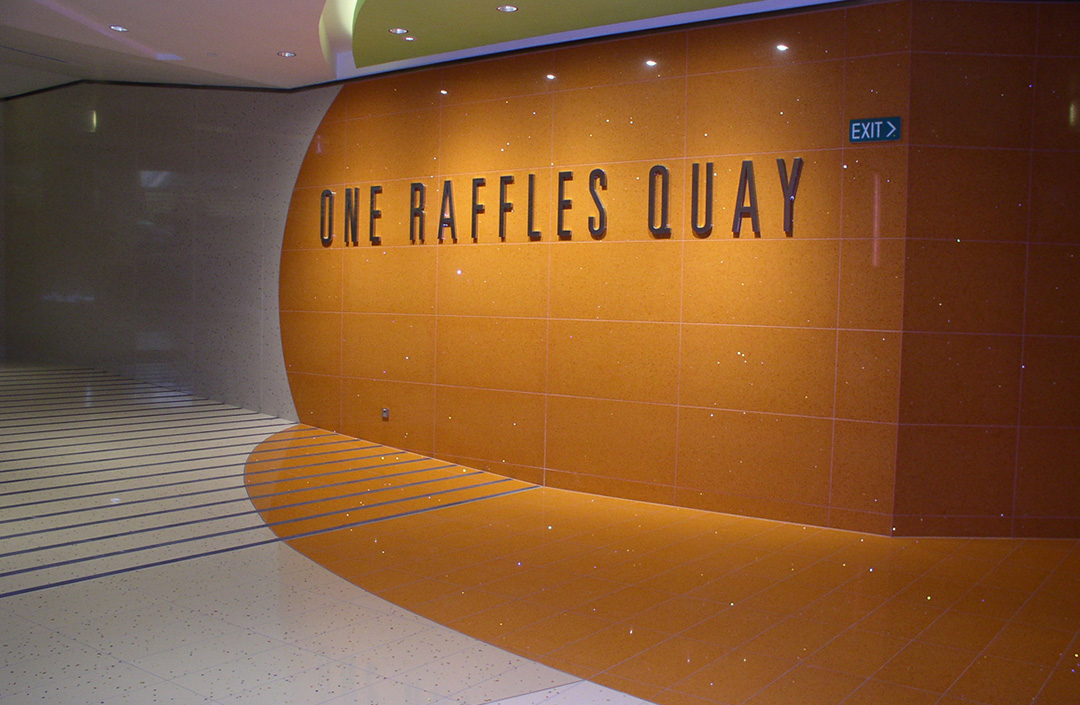-
Singapore
Copyright © 2025 Powered by BCI Media Group Pty Ltd
Confirm Submission
Are you sure want to adding all Products to your Library?
Contact Detail

Agglomerates or agglomerated stones are artificial stones made of composite materials produced by binding stone chips with specially formulated resins.
Is agglomerate sensitive to moisture?
While not all agglomerates are moisture-sensitive, some are. The presence of moisture beneath the installed agglomerate, for example the levelling beds or tiling adhesives, can cause permanent deformation when in contact with water on the back of agglomerate.
Dimensional stability test
One way to understand how the agglomerate will react when encountering water is through dimensional stability testing (i.e. standards BS EN 14617-12).
This is performed with a damp cloth placed onto the back of the agglomerate to simulate the wet tiling adhesive. The movement of the agglomerate (i.e. deformation) is then measured over a period of 6 hours using high precision movement sensors.
While some agglomerates are stable, others might have some degree of movement; it is important that the movement is below 0.3mm to avoid de-bonding risks. It is important to note that the dimensions of the agglomerate (length, width, thickness) can strongly affect the amount of movement e.g. 15mm thick agglomerate may move less than an even thinner one made of the identical stone.
The amount of movement determines the type of adhesive that can be used.
Which adhesive should be chosen?
If the chosen agglomerate material is dimensionally stable (e.g. deformation less than 0.3mm), the choice of adhesive will depend on non-moisture sensitivity factors such as the dimensions of the agglomerate, the intended use, or the needs of the construction site.
Agglomerate that deforms by 0.3mm – 0.6mm movement mark, can use a rapid-setting adhesive such as Granirapid, Elastorapid. The concept is that the water within the rapid-setting adhesive is quickly consumed by the setting reaction and hence made unavailable for absorption by the stone.
Some agglomerates that are dimensionally unstable that the movement cannot be kept below 0.6mm even with a rapid-setting adhesive. In these cases, resin based adhesives that do not contain any water at all such as Keralastic T or Kerapoxy must be used.
Ensure to check the agglomerate manufacturer or importer’s literature for information on moisture sensitivity of your stone.
Mapei Singapore is equipped to carry out this test as a value-added service for our clients.
Knowing the questions to ask and having product you can trust means ‘Everything’s OK with MAPEI.’



